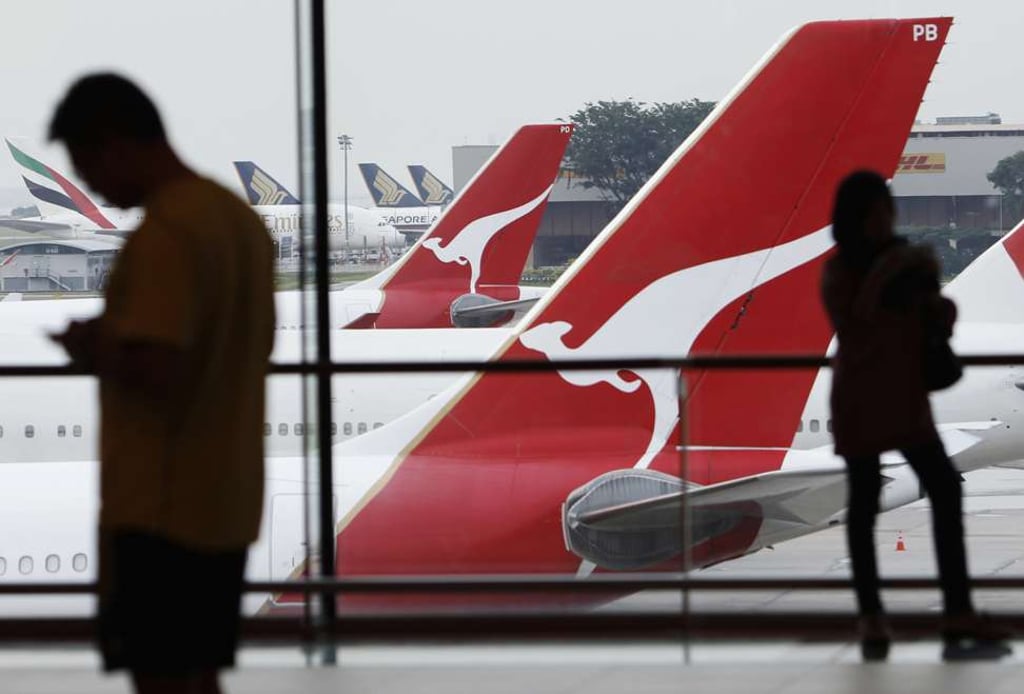Hong Kong in danger of losing its status as aviation hub, Qantas chief warns
Boss of Australian carrier says rising competition from Middle East and growth in flights from mainland China threaten Asian airports

Hong Kong is in danger of losing its role as an international aviation hub because of intense competition, the boss of Qantas Airways has warned.
In an interview with the Post, Alan Joyce, chief executive of Australia’s national airline, said Middle East airports and explosive growth in flights from mainland China to global destinations threatened to undermine dominant Asian airports, a view shared by analysts.
“The danger for a lot of the Asian hubs is that they were the premium hubs for a long time and what we are now seeing is the Middle Eastern hubs competing on the West and now the Chinese on the East and North,” Joyce said.
“There are now so many hubs, so many carriers operating the same strategy and competing against each other, and that will be a battle that is great for the consumers, and I don’t see any end in sight.”
